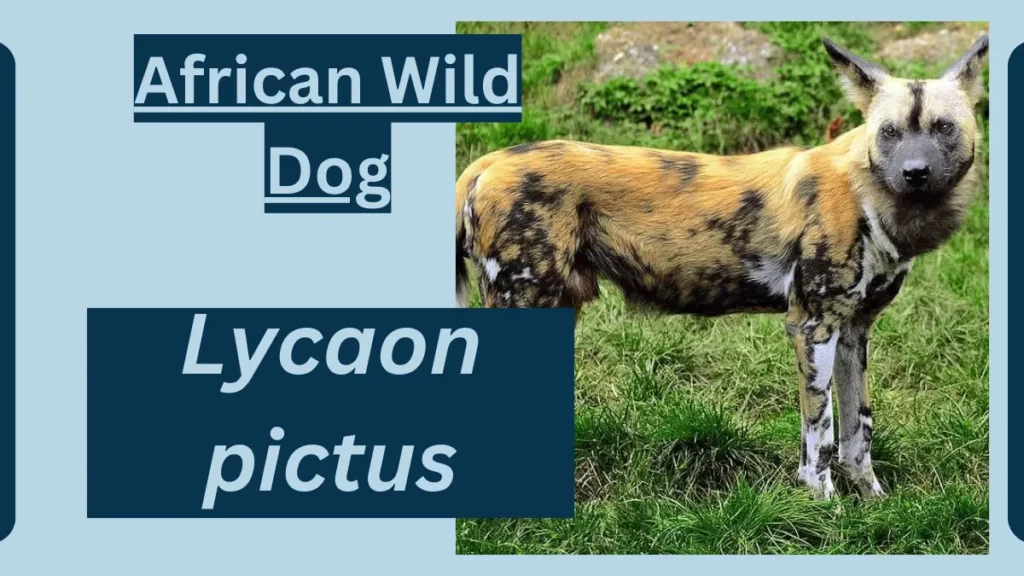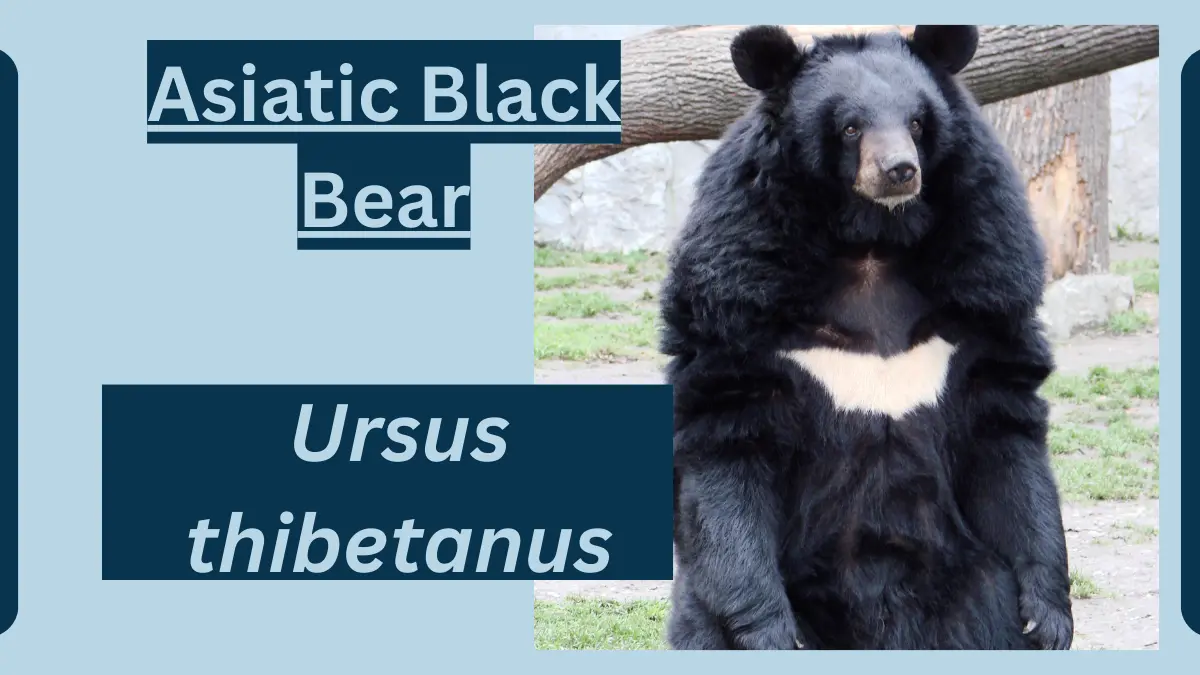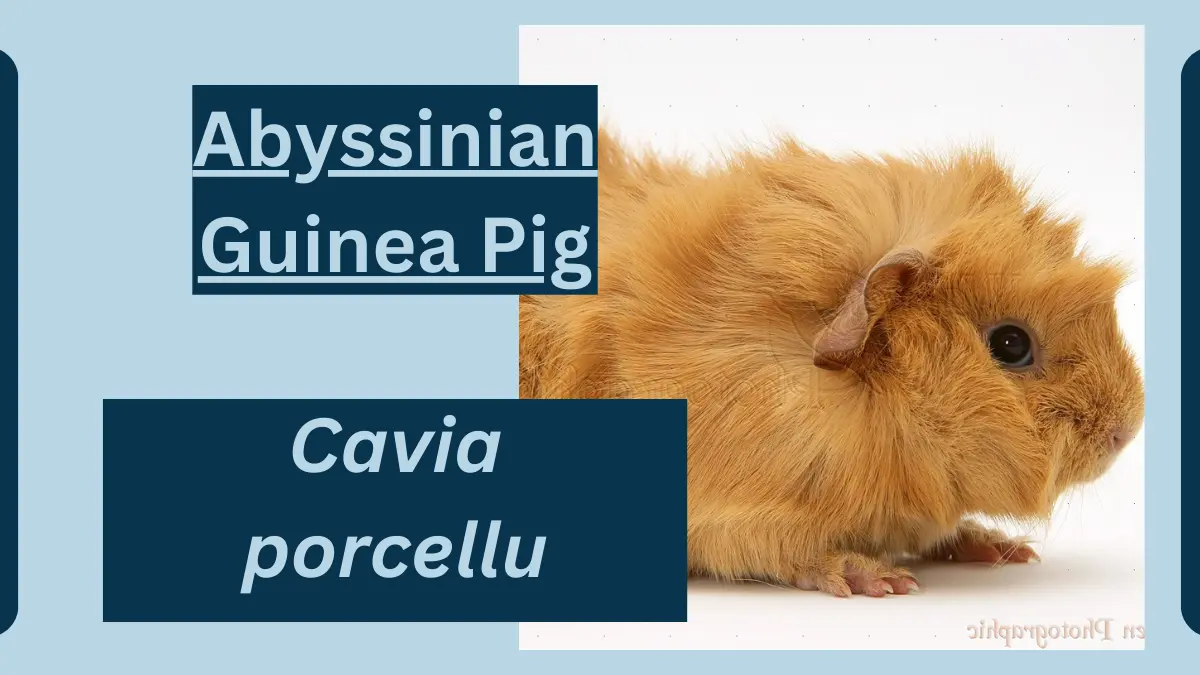African Wild – Dog Breed Information | Lycaon pictus
October 19, 2023
The African Wild Dog, also known as the African Painted Dog or African Hunting Dog, is a highly social and endangered carnivore native to sub-Saharan Africa.

African Wild Dog
Here are some facts about African Wild Dogs:
| Topic | Information |
| Scientific Classification | Kingdom: Animalia |
| Phylum: Chordata | |
| Class: Mammalia | |
| Order: Carnivora | |
| Family: Canidae | |
| Genus: Lycaon | |
| Species: Lycaon pictus | |
| Origins and Evolution | African Wild Dogs are one of the continent’s most distinct carnivore species. They have a unique evolutionary history and are the only extant species in the Lycaon genus. |
| Characteristics | Anatomy and Appearance: African Wild Dogs have a colorful, mottled coat with patches of black, yellow, and white. They are known for their large, rounded ears and a lean, agile body. |
| Size: They are medium-sized canids, typically standing around 24 to 30 inches (60 to 75 centimeters) at the shoulder and weighing between 40 to 80 pounds (18 to 36 kilograms). | |
| Behavior and Lifestyle | African Wild Dogs are highly social animals, living in packs led by an alpha pair. They are efficient hunters, using teamwork to chase and catch prey. They are known for their vocalizations and communication within the pack. |
| Reproduction and Life Cycles | They reproduce sexually, with females giving birth to litters of usually 6 to 10 pups. Pups are cared for by the entire pack, and they are weaned at around 10 weeks. |
| Diet and Prey | They are carnivores, primarily hunting and consuming a wide variety of prey, including antelope, gazelles, and other small to medium-sized mammals. Their hunting success is due to cooperative hunting strategies. |
| Predators and Threats | Human-related threats are the most significant danger to African Wild Dogs. Habitat loss, fragmentation, and conflicts with humans have caused population declines. They are also susceptible to diseases like canine distemper and rabies. |
| Interesting Facts and Features | Pack Behavior: African Wild Dogs are known for their elaborate greeting ceremonies and social structure. They are highly cooperative hunters, and the entire pack helps raise and feed the pups. |
| Unique Coat Pattern: Their colorful coat patterns are individual to each dog, allowing researchers to identify and track individual animals in the wild. | |
| Relationship with Humans | African Wild Dogs have had a challenging relationship with humans due to conflicts over livestock and habitat. Conservation efforts are crucial to protecting this endangered species and mitigating human-wildlife conflicts. |
| Conservation Status and Life Today | African Wild Dogs are listed as endangered by the International Union for Conservation of Nature (IUCN) due to habitat loss, disease, and human-wildlife conflicts. Conservation organizations are working to protect and preserve their populations. |
File Under:







Leave a Reply